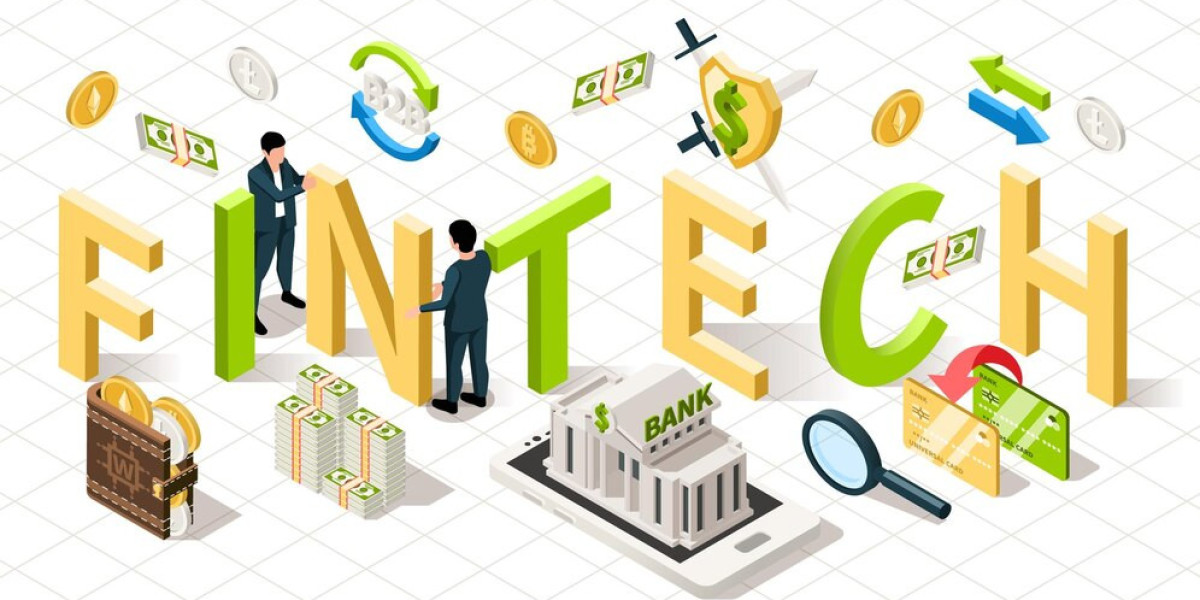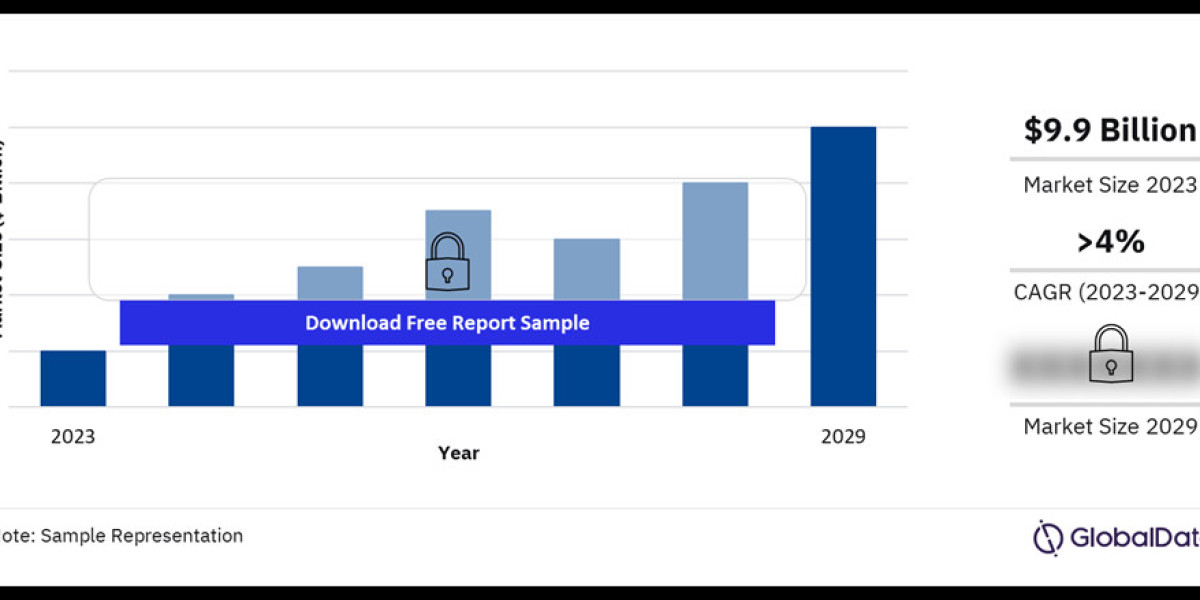Fraud remains a critical challenge for businesses, particularly in financial services. As transactions increasingly move online, the risks of cybercrime and data breaches grow.
For UK businesses, integrating blockchain technology into fintech apps offers a robust solution to reduce fraud, enhance transparency, and build trust in financial processes.
This article delves into the transformative role of blockchain in fintech app development services in UK and how it mitigates fraud risks.
Understanding Blockchain Technology
What Is Blockchain?
Blockchain is a decentralized digital ledger that records transactions across multiple computers. Its distributed nature ensures that no single entity controls the data, making it highly secure.
Key Features of Blockchain
- Immutability: Once a transaction is recorded, it cannot be altered.
- Transparency: All participants can access transaction histories, fostering trust.
- Decentralization: Eliminates reliance on a central authority, reducing vulnerabilities.
Why Fraud is a Major Concern for UK Businesses
Types of Fraud in Financial Transactions
- Identity theft
- Fake invoices
- Money laundering
- Payment fraud
Impact of Fraud on Businesses
Fraud not only results in financial losses but also damages a company’s reputation and customer trust.
Suggested Read: https://appinventiv.com/blog/fraud-detection-software-development/
How Blockchain Combats Fraud in Fintech Apps
1. Securing Transactions with Immutability
Blockchain records every transaction in a tamper-proof ledger. This immutability ensures that fraudulent modifications or deletions are virtually impossible.
2. Enhancing Identity Verification
By using blockchain-based digital identities, businesses can verify customers and suppliers with unparalleled accuracy. This reduces identity theft and account takeovers.
3. Enabling Real-Time Transaction Monitoring
Blockchain’s transparency allows businesses to monitor transactions in real time, quickly identifying and halting suspicious activity.
4. Preventing Double-Spending
Blockchain technology ensures that the same digital currency or asset cannot be spent twice, mitigating payment fraud risks.
5. Automating Compliance with Smart Contracts
Smart contracts execute predefined conditions automatically. This ensures compliance with financial regulations and reduces human error.
Key Use Cases of Blockchain in Fintech Apps for UK Businesses
Cross-Border Payments
Blockchain eliminates intermediaries, reducing the chances of fraud and lowering transaction costs for international payments.
Supply Chain Financing
Blockchain provides an unalterable record of transactions between suppliers and businesses, minimizing invoice fraud.
Lending Platforms
Blockchain secures peer-to-peer lending platforms by ensuring the authenticity of borrower and lender credentials.
Insurance Claims
Fintech apps use blockchain to verify claims, preventing false or duplicate claims.
Benefits of Blockchain-Powered Fintech Apps
1. Improved Data Security
Blockchain encrypted transaction data, protecting it from unauthorized access and cyberattacks.
2. Reduced Operational Costs
By automating fraud prevention and compliance processes, businesses save on manual labor and legal costs.
3. Greater Trust in Financial Transactions
The transparency and traceability of blockchain foster trust among customers, suppliers, and partners.
4. Faster Dispute Resolution
Blockchain’s detailed transaction records make it easier to resolve disputes quickly and fairly.
Challenges in Adopting Blockchain for Fintech Apps in the UK
High Initial Costs
Developing and implementing blockchain technology can be expensive for small businesses.
Regulatory Uncertainty
The evolving legal landscape around blockchain can complicate compliance.
Integration with Legacy Systems
Many businesses struggle to integrate blockchain with their existing systems.
Examples of Blockchain in UK Fintech
Revolut
This UK-based fintech company uses blockchain to enhance transaction security and transparency.
Barclays
Barclays has piloted blockchain projects to streamline payment processes and reduce fraud.
Emerging Blockchain Fintech Startups
Startups like Elliptic and Chainalysis focus on using blockchain for fraud detection and anti-money laundering.
Future Trends in Blockchain for Fintech
AI Integration
Combining blockchain with artificial intelligence can further enhance fraud detection capabilities.
Decentralized Finance (DeFi)
DeFi platforms, powered by blockchain, offer transparent and secure financial services without intermediaries.
Increased Adoption Among SMEs
As costs decrease, more small and medium-sized enterprises in the UK are expected to adopt blockchain fintech solutions.
Conclusion
Blockchain technology is a game-changer for UK businesses, especially in reducing fraud risks in fintech applications.
By leveraging its transparency, immutability, and security features, companies can safeguard financial transactions and foster trust.
As blockchain adoption grows, it will continue to revolutionize the way businesses handle their finances.
FAQs
- How does blockchain prevent fraud in fintech apps?
Blockchain’s tamper-proof ledger and transparent transactions make it difficult for fraudsters to manipulate data or commit fraud.
2. Are there any UK regulations for blockchain in fintech?
The UK government is actively working on blockchain guidelines to ensure security and compliance in financial services.
3. Can small businesses afford blockchain-powered fintech apps?
While initial costs may be high, many blockchain solutions are becoming more affordable and scalable for SMEs.
4. What role does AI play in blockchain fraud prevention?
AI analyzes blockchain data in real time, identifying patterns and anomalies that could indicate fraudulent activity.
5. Which fintech companies in the UK use blockchain?
Prominent companies like Revolut and Barclays, as well as startups like Elliptic, actively use blockchain to enhance their services.









